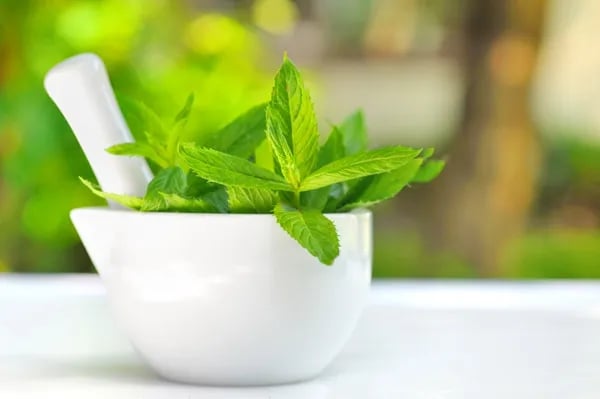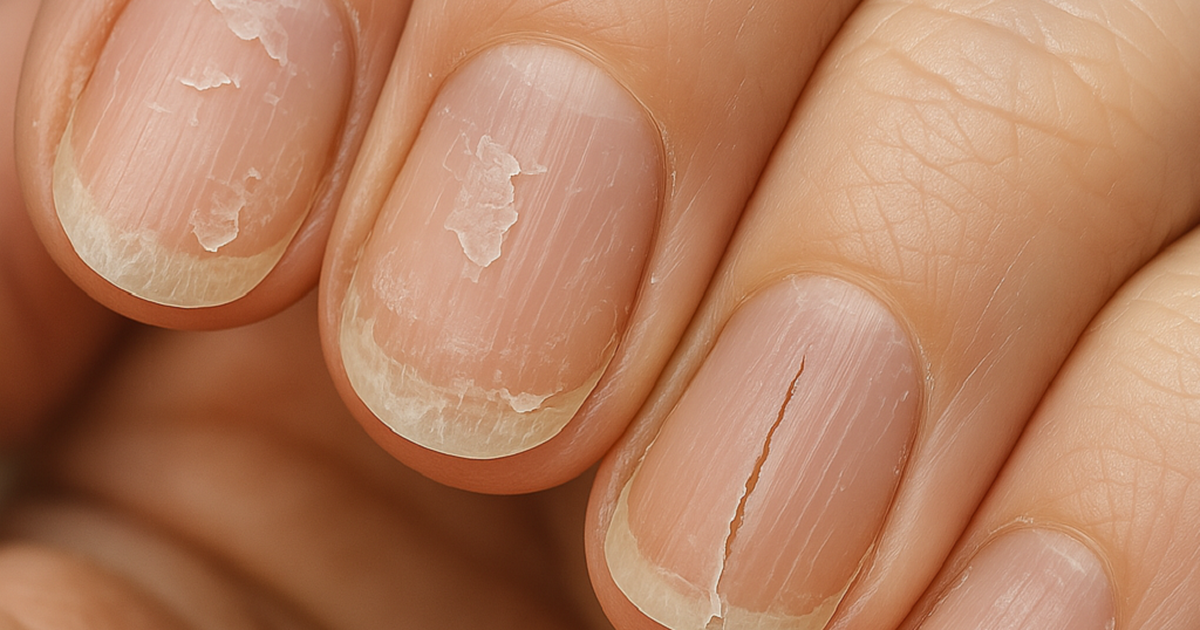Peppermint contains various bioactive compounds that have anti-inflammatory, antibacterial, and other effects, according to Verywell Health.
Antibacterial
Peppermint has been shown to be effective against a variety of bacteria. Menthol, phenols, and flavonoids in peppermint are components with antibacterial properties.
Peppermint leaves have antibacterial properties against Staphylococcus aureus, Streptococcus pyogenes, Escherchia coli (E. coli) and Klebsiella pneumoniae.
Meanwhile, peppermint tea has antibacterial activity against Chlamydia pneumoniae, a bacteria that can lead to respiratory infections.

Mint contains various bioactive components that help fight inflammation and bacteria.
Sore throat treatment
Peppermint tea is often used to treat sore throats. The menthol in peppermint tea has cooling properties and soothes sore throats.
Using peppermint tea containing peppermint essential oil will increase the feeling of airflow in the nose and throat, helping you feel more comfortable.
Helps freshen breath
Many toothpastes and mouthwashes contain peppermint as an ingredient. This is because silver is known to treat and prevent bad breath.
In one study, teenagers with bad breath were divided into two groups, one group received a placebo and the other group received a mint mouthwash.
After one week of study, of those using the peppermint mouthwash, about half (50%) no longer had bad breath.
Digestive support
Peppermint oil is commonly used to treat digestive problems, including irritable bowel syndrome (IBS).
Although research on the effects of peppermint on the digestive system is limited, peppermint leaves have been shown to relax digestive tract tissues.
Reduce menstrual cramps
Peppermint extract may be a natural remedy that helps many women relieve menstrual cramps.
A study in 18- to 25-year-olds with menstrual cramps found that peppermint may help reduce pain intensity and duration.
According to the US Food and Drug Administration (FDA), peppermint is generally safe for most people. However, if you use peppermint incorrectly or use more than necessary, your body will experience some side effects such as heartburn, nausea, vomiting, headache, and allergies.
Although menthol poisoning is extremely rare, the menthol in peppermint can be toxic in very high doses.
Source link







![[Photo] Visiting Cu Chi Tunnels - a heroic underground feat](https://vstatic.vietnam.vn/vietnam/resource/IMAGE/2025/4/8/06cb489403514b878768dd7262daba0b)

















































































Comment (0)